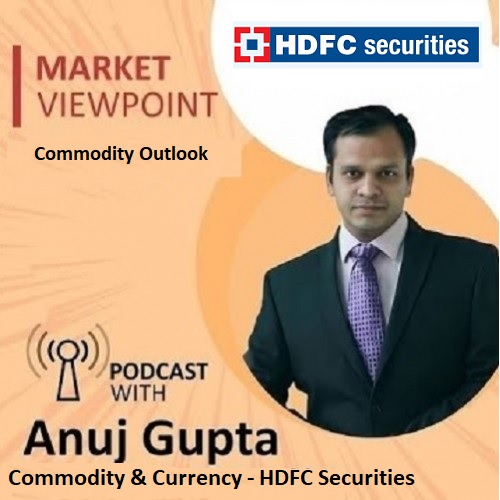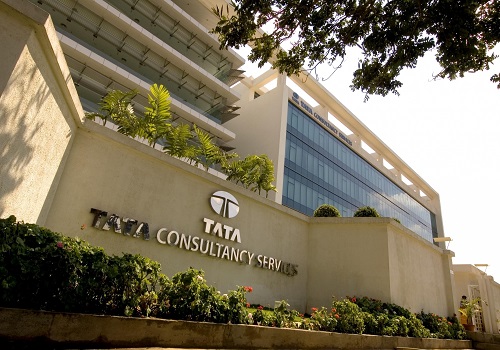Pre-Budget Expectation on Banking Sectors, Alternative Investment Funds by Manoj Purohit, Partner & Leader, Financial Services Tax, Tax & Regulatory Services, BDO India

Below the Pre-Budget Expectation on Banking Sectors, Alternative Investment Funds, by Manoj Purohit, Partner & Leader, Financial Services Tax, Tax & Regulatory Services, BDO India
"1. Parity in tax across all categories
In the Finance Act, 2015, a special tax regime was introduced where pass-through status was granted to Category I and Category II Alternative Investment Funds (AIFs). This resulted in shifting the payment of tax obligation on the income earned by AIFs (apart from business income) to the hands of investors of the AIF. Therefore, the investors of AIFs are required to pay the tax on the income received from AIFs, as if the investors had earned the income by investing directly. However, despite of continuous contemplations, such pass-through status has not been extended to Category III AIFs under the Income tax laws, resulting in disparity with the income earned by Category III being subject to taxation at the fund level. Accordingly, the taxation of Category III AIF is depends on the structure and incorporation status of AIFs i.e., whether it is Limited Liability Partnership (‘LLP’), Trust or a Company leading to differential tax as rates of surcharge vary. In order to give impetus to IFSC, pass-through status has already been granted to Category III AIFs incorporated in IFSC. It is important to bring tax parity among all the categories of AIFs. This extension will also enable to align the tax treatment for the investors of Category III AIF with Category I and II AIFs. At the fund level, entire income is charged at highest applicable rate of surcharge, while the different surcharge rates may be applicable to each investor if pass-through status is granted.
2. Clarification on non-applicability of certain TDS and TCS provisions on ‘securities’
The existing TDS and TCS provisions, namely under Section 194Q (TDS on purchase of goods) and Section 206C(1H) (TCS on sale of goods), have brought ambiguity in the AIF industry regarding their applicability. Since entities that are wholly exempt from income tax are already excluded from these provisions, it is recommended to also exclude AIFs since majority of AIF income is pass-through in nature. Alternatively, issue and redemption of AIF units should be kept outside the purview of TDS and TCS provisions as the same are not in the nature of sale / purchase per se."
"3. Extension of tax holiday
Section 80LA provides for a deduction in respect of the income of International Financial Service Centre [IFSC] Units/ its investors in accordance with the provisions of this section. There has been plethora of regulatory changes introduced which have made it a lucrative investment destination. The income-tax holiday available to units in IFSC can be extended to make it attractive for foreign players, as the current tax holiday is for a very short-term period. For instance, Dubai International Financial Centre provides tax holiday for 50 years. Likewise, extending the tax holiday for another 5 to 10 years to IFSC units would surely make IFSC competitive with other global financial hubs, resulting in increase in India’s GDP, employment opportunities, an increase in forex reserves, and related economic benefits.
4. Benefits to be provided to foreign Fund Managers moving to IFSC
Currently, there are exemptions on relocation of assets from offshore jurisdictions. In order to give boost to foreign fund managers and other foreign employees moving to IFSC, the tax provisions should be amended to categorise such entities moving to IFSC as ‘non-residents’ and their income should be taxed at a lower tax rate as prevailing in other popular offshore jurisdictions. For instance, in Singapore local laws, income derived by a Singapore fund manager from managing or advising a qualifying fund is taxed at a concessionary tax rate of 10%. This concession can impact the flight of offshore to onshore and push India IFSC as one of the most preferred fund manager hubs in lines of New York, London, Hong Kong, Singapore, etc."
Above views are of the author and not of the website kindly read disclaimer























